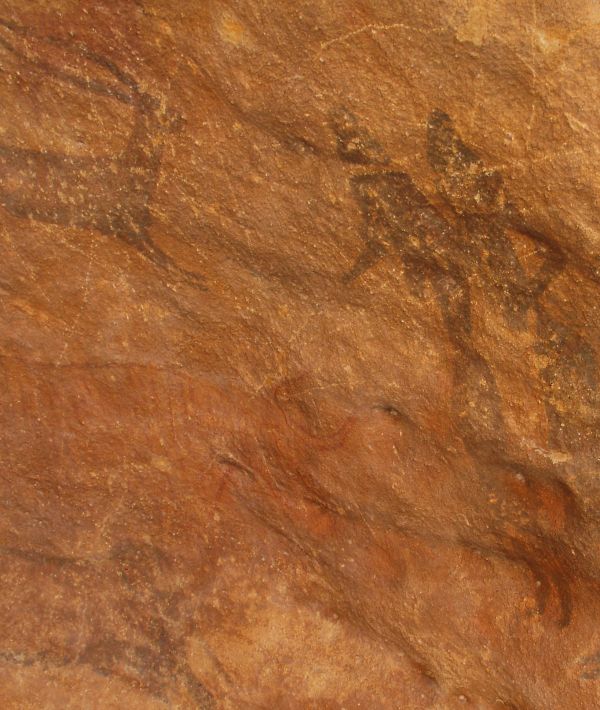Have you ever seen the cave complex of
Roca dels Moros, in El Cogul? Bearing witness to more than 8000 years of history, for some 5000 years this site was used as a place of worship. It was officially declared World Heritage in 1998 and houses the paintings of the last hunters and gatherers and Neolithic groups. Researchers have also identified inscriptions here dating from the Iberian and Roman periods, although many are illegible. We invite you to delve into the origins of art at El Cogul, and as long s you’re there, be sure to explore the Les Garrigues area!
ROCA DELS MOROS CAVEWith 42 painted figures and 260 elements engraved in the stone, Roca dels Moros, in El Cogul, is one of the foremost cave sites in Catalonia. It forms part of the cave art group of the Mediterranean strip on the Iberian Peninsula, which boasts 757 sites with paintings.
TOWNS OF TARRÉS AND L’ALBIA 40-minute car drive from Cogul will bring you to the village of
Tarrés. With a population of little over 100, this village is made up of steep, narrow streets flanked by dry stone constructions. Be sure to have a stroll along Carrer de l’Església, see the arcades of Cal Magre and the square with its fountain, Plaça de la Font. Very close to Tarrés is the town of l’
Albí, which sits just at the foot of the ruins of a 12
th-century castle that was later converted into a Renaissance palace, in the late 16
th century.
ROMANESQUE CHURCH OF SANT JOAN BAPTISTA IN VINAIXAVinaixa is just a few minutes away by car from l’Albí. Here you can visit the small Church of Sant Joan Baptista, the interior of which is very well conserved. Particularly worthy of note are the apse, the wooden choir, the neoclassical and baroque façade, the Virgin Mary’s chapel and small fragments of what was once the old baroque altar, which was burnt down during the war.
To make this route complete, we recommend spending a night in the old shepherd’s house, as well as visiting the Parc dels Olors (Park of the Scents), and the wineries Celler Mas Blanch i Jové and the Vinya dels Artistes. For complete information, click
here.
Have we managed to inspire you? Have you got other interesting ideas for this suggestion? Feel free to pass them on to us via
Facebook or post your images on
Instagram with the hashtag #patrimonicultural
